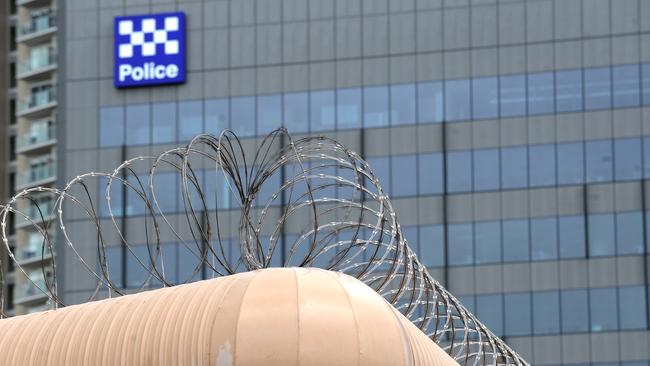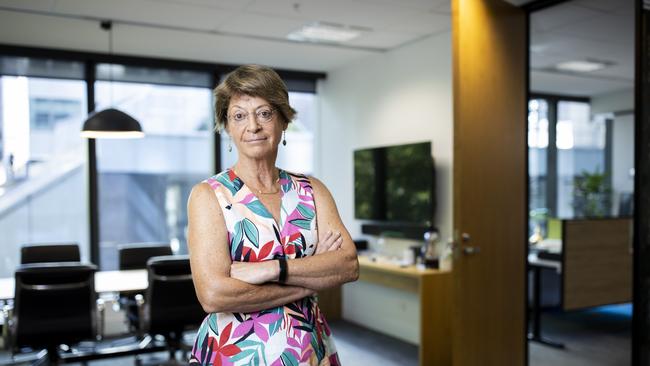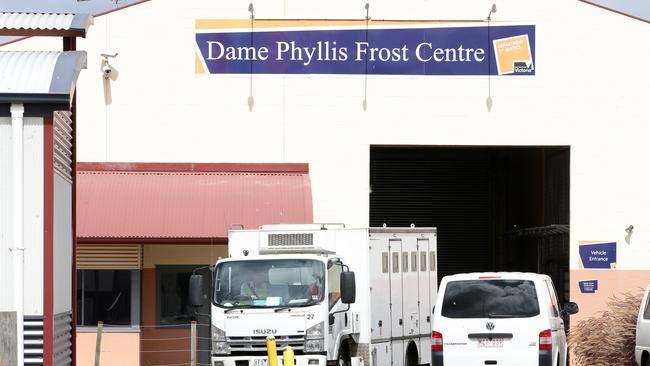Victorian Ombudsman Deborah Glass calls for consultation with Indigenous groups to improve health outcomes for prisoners
The lack of consultation with Indigenous Victorians on healthcare in prisons is having a devastating impact, the state’s Ombudsman warns.

The lack of consultation with Indigenous Victorians regarding healthcare in prisons is having a devastating impact on health outcomes, with commitments from governments ending “at the prison gates”, the state’s Ombudsman warns.
Victoria’s outgoing Ombudsman Deborah Glass handed down her report into healthcare provision for Aboriginal people in Victorian prisons on Wednesday morning, which she used to criticise governments for failing to address the need for Aboriginal models of health.
She said new changes to the prison system made in July last year that provided a new primary healthcare provider to public prisons were made without input from key Aboriginal community representatives.
“Despite commitments at every level of government to Aboriginal peoples’ self-determination and Aboriginal-led solutions, the experiences of Aboriginal people in prison are often missing from discussions about policies that affect them,” Ms Glass said.
“We do not think it is too early to say the system is currently failing to meet the needs of Aboriginal people and it is not ensuring their best health outcomes.
“In my opinion this is wrong, and discriminatory.”

Ms Glass also used the report to call out the lack of improvement for health outcomes despite more than three decades worth of investigations and reviews.
“These reviews made multiple recommendations to improve healthcare in prisons, some repeated over the years, and various Governments made multiple commitments to implement them. Yet little has changed, or at best, not enough,” Ms Glass said.
In the last decade, the Ombudsman has tabled ten reports into the prison system.
Ms Glass said her latest investigation focused on Aboriginal people as they suffer worse and more complex health outcomes than non-Indigenous people both in and out of prison.
The investigation involved visiting Victoria’s three major prisons and speaking with organisations working with First Nations prisoners, representatives from Justice and Community Safety and health care providers.
The consultations heard that Aboriginal people view health as holistic, and include mental, social, emotional, cultural and spiritual wellbeing.
“We heard about a yearning for cultural connection. About the devastating impact a lack of cultural and family connection in prison can have, and what a huge difference it makes
when they do receive cultural support with their healthcare needs.”
The report made five recommendations, including increasing the number of Aboriginal health professionals in Victoria and involving Aboriginal community-controlled organisations in designing and delivering holistic custodial health services.
The Ombudsman said she is pleased the recommendations have been accepted in principle, and hopes that the report “finally provides the spur for change”.

The report concluded that Australian and Victorian governments’ commitments to Aboriginal people’ self-determination, consultation and evidence-based health policy “appear to end at the prison gates”.
“The way healthcare is currently provided is at odds with the evidence and the wishes of Victoria’s Aboriginal communities,” the report said.
“The Government needs to work with Aboriginal community representatives to implement an Aboriginal-designed and Aboriginal-delivered model of healthcare for Aboriginal people in
prison.”






